The US-Saudi Relationship Is Overrated
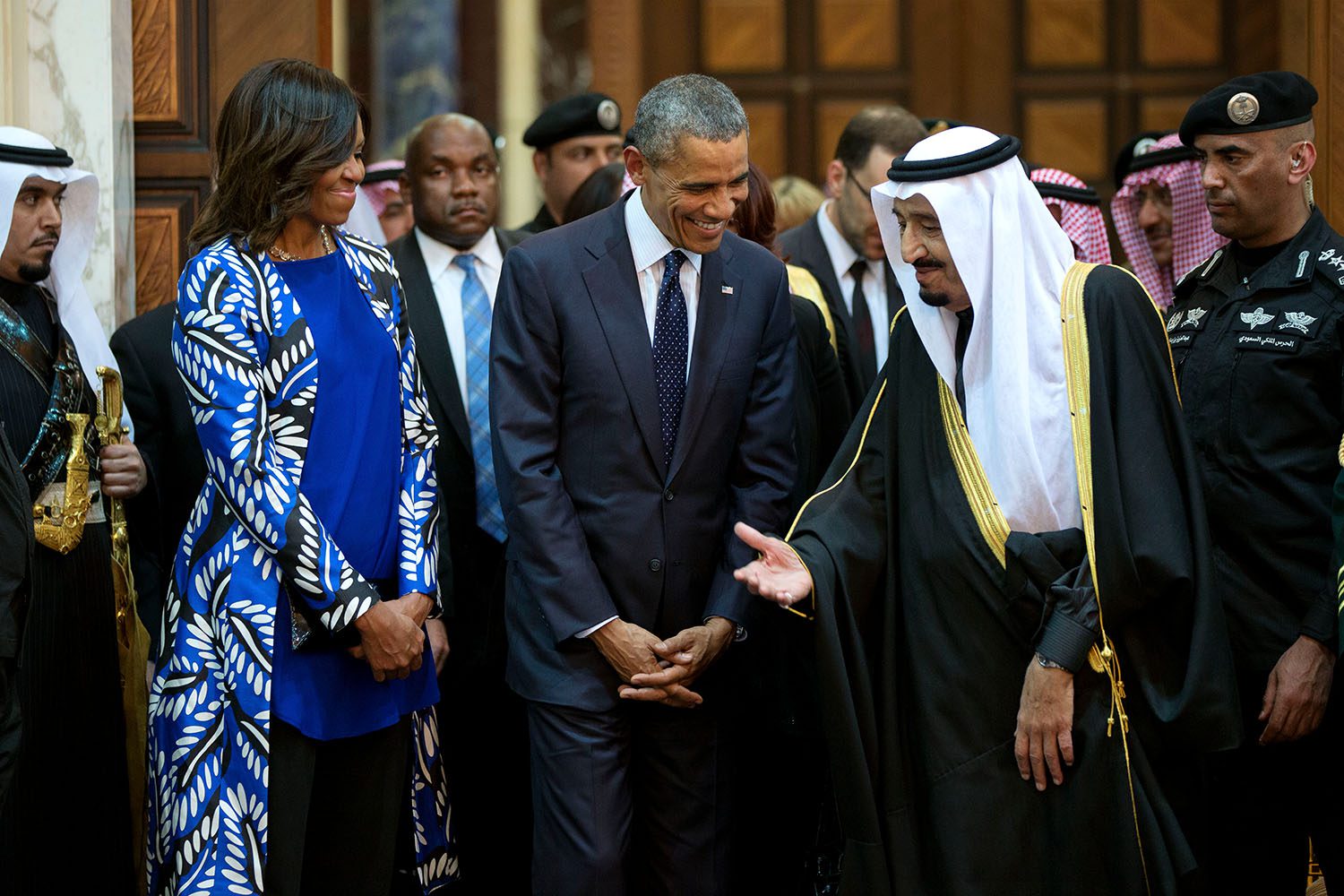
The Saudi regime must be held accountable, and outmoded arguments about the alleged strategic and economic benefits of the U.S.-Saudi relationship should not be allowed to stand in the way.
By Caroline Gray and William D. Hartung
This article appeared in The National Interest on October 25, 2022.
“Enough is enough.” That’s what Senate Foreign Relations Committee Chairman Sen. Robert Menendez (D-NJ) said in response to Saudi Arabia’s push to slash oil production—a move that will jack up gas prices and feed inflation while bolstering Russian president Vladimir Putin’s ability to continue his war of aggression on Ukraine. Menendez has threatened to freeze any security cooperation with Riyadh until it reassesses its ties with Russia. Meanwhile, Sen. Richard Blumenthal (D-CT) and Rep. Ro Khanna (D-CA) are leading the charge in calling for a suspension of weapons sales to Saudi Arabia for one year.
While the American public likely supports the backlash in Washington—new polling by the Institute for Global Affairs shows that majorities of Republicans and Democrats oppose U.S. arms sales to Saudi Arabia—a reassessment of the relationship should have occurred years ago. The White House announced that the kingdom would face “consequences” for its decision to slash oil production, but it has yet to specify what those consequences will be. There is a danger that the immediate outrage over Saudi-Russian collaboration may pass without any serious action taken to hold Saudi Arabia accountable.
The United States has covered up for Saudi Arabia despite its domestic human rights abuses, brutal war in Yemen, and repression of critics (including the murder of journalist Jamal Khashoggi, a U.S. resident). The argument for giving Saudi Arabia a free pass, including the continuation of arms sales, has been the claim that maintaining the relationship is too important for U.S. national security, energy, and economic interests. The decision to slash oil production, an outright slap in the face to Saudi Arabia’s supposed closest partner, is one example in a long list of reasons why the relationship is not worth maintaining in its current form.
The primary reason Democratic and Republican administrations have never faltered in their commitment to Saudi Arabia until now is the kingdom’s role in ensuring stable oil prices—a role it has not always faithfully exercised. Saudi Arabia has historically played an outsized role in determining oil prices, as it is the Organization of Petroleum Exporting Countries’ largest producer of crude oil. And even though the United States has become more energy independent, what Americans pay at the pump is still affected by a number of factors in the global market, including how much oil-rich countries like Saudi Arabia decide to produce.
Read more of this article in The National Interest.

Written by Caroline Gray
Caroline is a senior researcher with the Independent America project at the Institute for Global Affairs and producer of the podcast, None Of The Above.

Written by William D. Hartung
William is a senior research fellow at the Quincy Institute for Responsible Statecraft. William is the former director of the Arms and Security Program at the Center for International Policy.
Read more from Caroline
This post is part of Independent America, a research program led out by Jonathan Guyer, which seeks to explore how US foreign policy could better be tailored to new global realities and to the preferences of American voters.

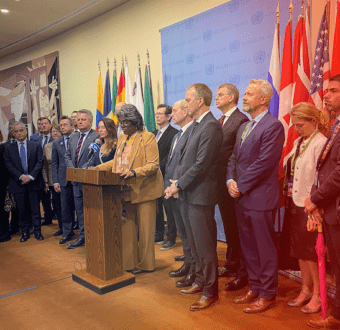


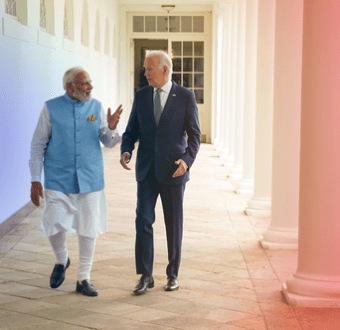
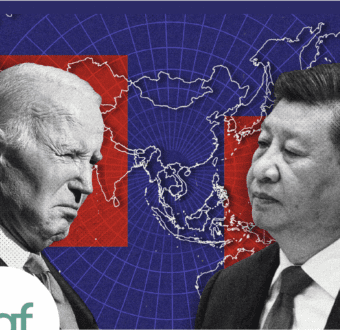

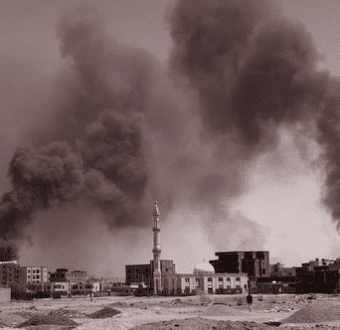

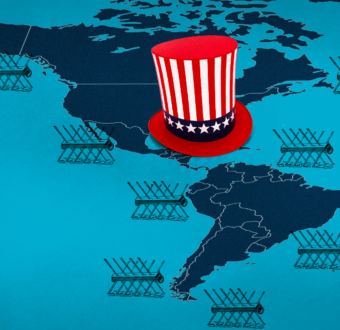



What Are Sanctions and How Do They Work? A History of US Economic Sanctions